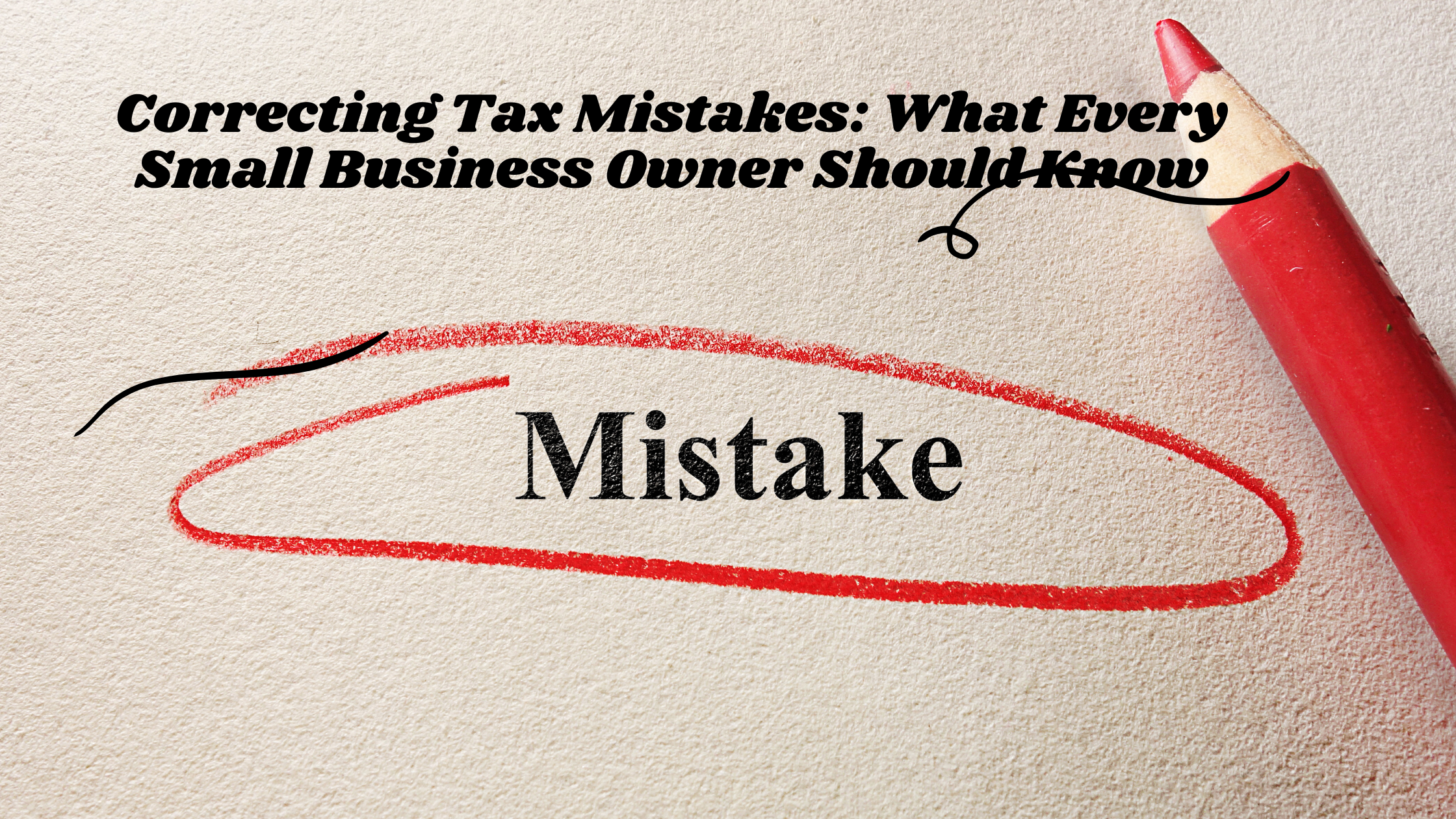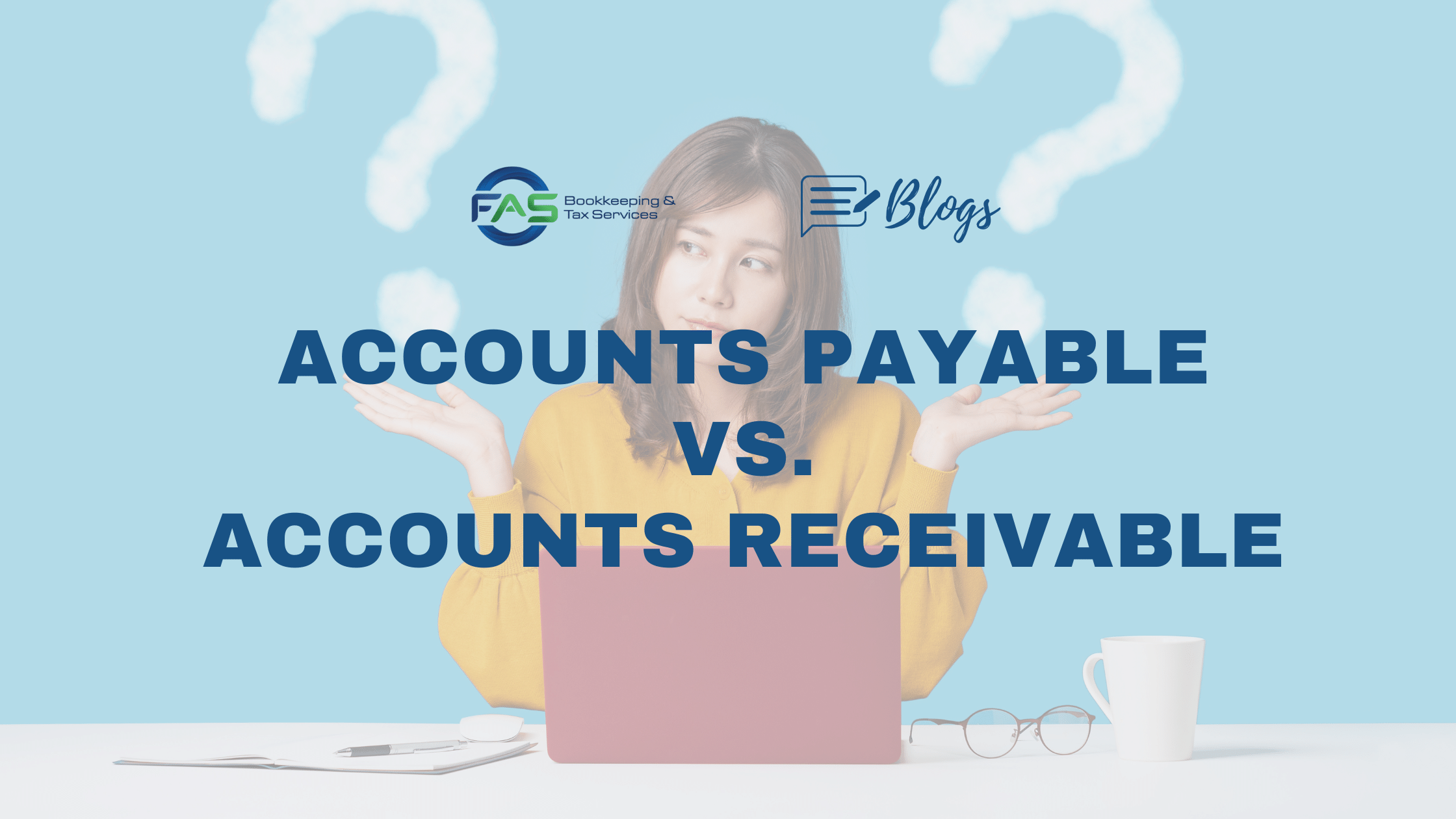Accounts Payable vs. Accounts Receivable
Business owners often get confused when they try to work between accounts payable and accounts receivable. The two types of accounts are very similar in the way they are recorded, but it is important to differentiate between accounts payable vs accounts receivable because one of them is an asset account and the other is a liability account. Mixing the two up can result in a lack of balance in your accounting equation, which carries over into your basic financial statements.
Accounts payable are used by businesses to pay for goods or services received from suppliers. This type of account should be funded with cash and it records any payments made at the time of receipt. Accounts receivable, on the other hand, are used by businesses to sell goods or services.
What is Accounts Payable?
Accounts payable or AP is one of the main areas that you should put a careful eye on when it comes to your small business. Accounts Payable is the term used to describe money that is spent within a business. Accounts payable are those expenses that have been made but not yet paid out. They usually include items such as raw materials, contract labor, utilities, telephone bills. There are four major parties in accounts payable: these are customers, suppliers, bankers and internal staff .If a company is unable to pay its bills on time or in full, or if it fails to address external creditors’ concerns about its creditworthiness, the company may face financial distress that could lead to insolvency or bankruptcy down the road. The purpose of this article is to give more clarity about accounts payable.
The Accounts Payable process is one of the most important parts of managing your company’s cash flow. It helps you keep track of your liabilities and paying these on time.
If you’re not keeping an eye on your expenses and payments, you could easily end up paying for inaccurate invoices.
Having a good Accounts Payable will help you establish internal control that you are paying for those that you have received and are paying those on time. This will also help you with better cash flow management.
What is Accounts Receivable?
Accounts receivable (also known as AR) refers to outstanding invoices that are owed to your company by customers. It represents a line of credit that has been extended from your company to your customer.
The accounts receivable account is used to record all the income received from clients in exchange for products or services, and it also serves as an indication of how much money is owed to your company. The amount of this account may change over time based on fluctuations in revenue.
The difference between Accounts Payable and Accounts Receivable
Accounts receivable and accounts payable are two sides of the same coin. Accounts receivable represents money that your business owes to customers, and accounts payable represents money that you owe to suppliers.
Furthermore, accounts receivable is considered a current asset, whereas accounts payable is considered a current liability. This is because accounts receivable will be converted to cash within a certain period.
On the other hand, accounts payable is considered to be a current liability because it represents money that you owe to vendors or creditors.
The importance of Accounts Payable and Accounts Receivables
If you’ve been around the block a few times, you know that late payments can be trouble. They can cause severe cash flow problems, leading to working capital getting tied up on your balance sheet.
In other words, if there’s not enough money in the bank at the end of every month because of unpaid bills, it could mean that your business has less cash on hand than it needs in order to pay its bills. And this could make you lose money—lots of money.
So what’s the solution? Well, it all starts with understanding how accounts payable and receivable work together, hence the importance of properly monitoring your Accounts Payable and Accounts Receivables.
Proper Accounts Payable and Accounts Receivable management
Accounts payable and receivable are the two most important accounts in any business. If you manage them efficiently, then you can avoid the cash flow problems that can result from inefficient accounting processes. Here are our top three tips for how to handle accounts payable and receivable:
- Do a monthly check-in. The first thing you should do every month is make sure you have an accurate picture of your outstanding invoices and credit notes, as well as your current bank balances and cash in your bank account.
- Keep track of all open accounts. This should be a top priority because it will help you avoid duplicate payments and other financial headaches down the road. Make sure you keep track of all open accounts by using an accounting software (like QuickBooks Online) that allows you to track information such as when each invoice was paid or what percentage of each invoice has been paid out so far this month (and at what point it will stop paying).
- Create a plan for how long it will take before paying off old invoices with new ones instead of just rolling over them into the next month’s balance sheet so they continue to grow on paper rather than paying off those pesky bills!
Need help with your Accounts Payable?
FAS Bookkeeping and Tax Services provides small business the ability to outsource their Accounts Payable needs with a reliable service provider. Accounts Payable can eat up a lot of your time as a small business owner, time that you could’ve spent focusing on growing your business.





